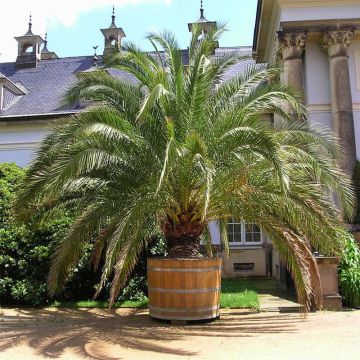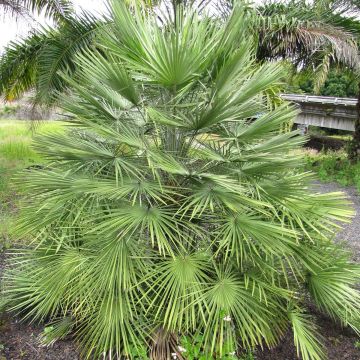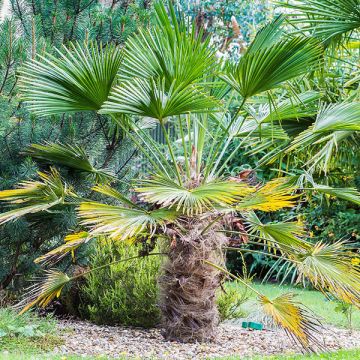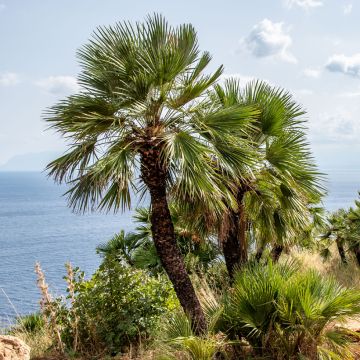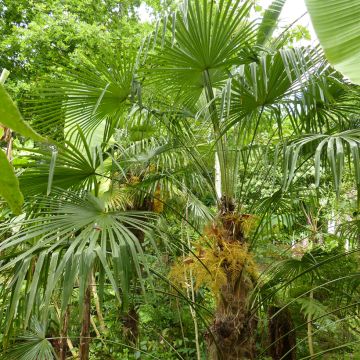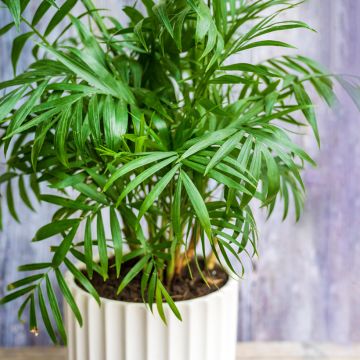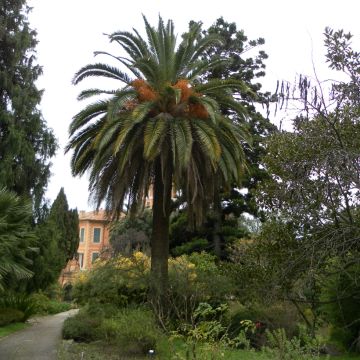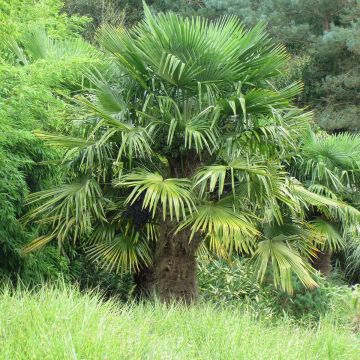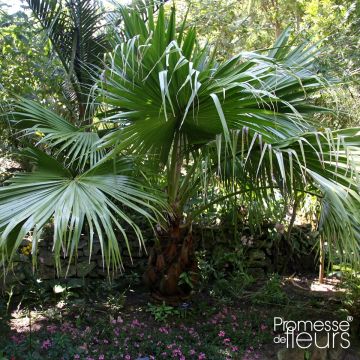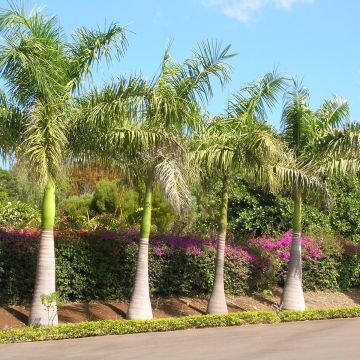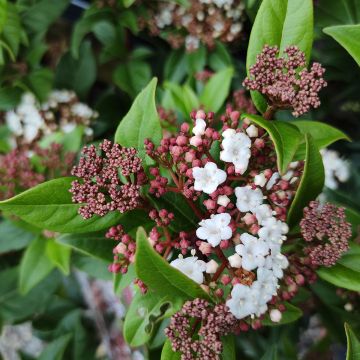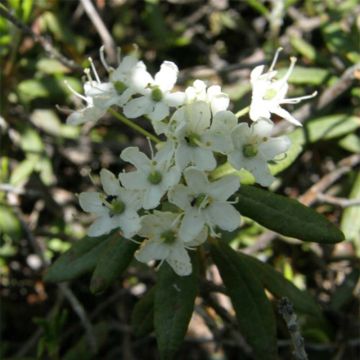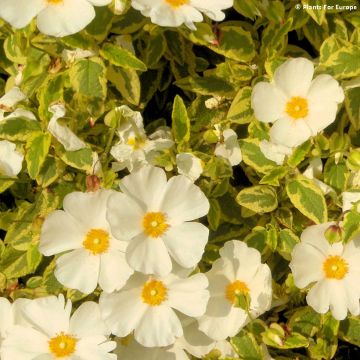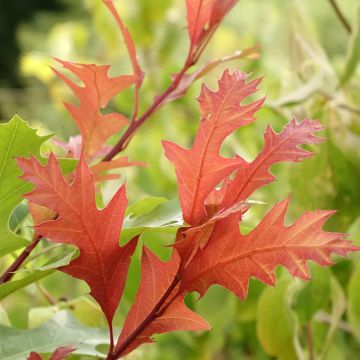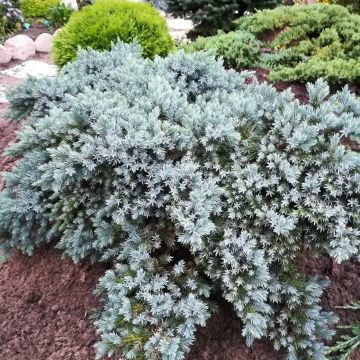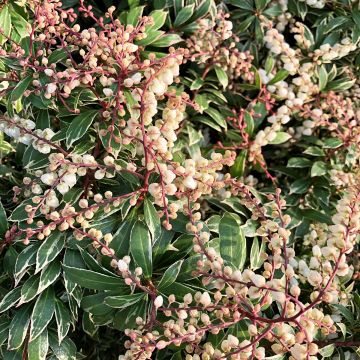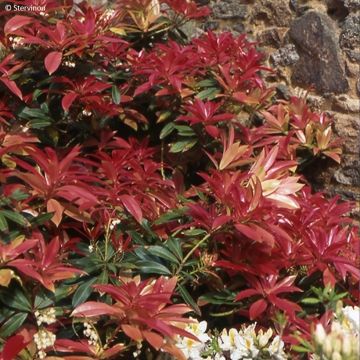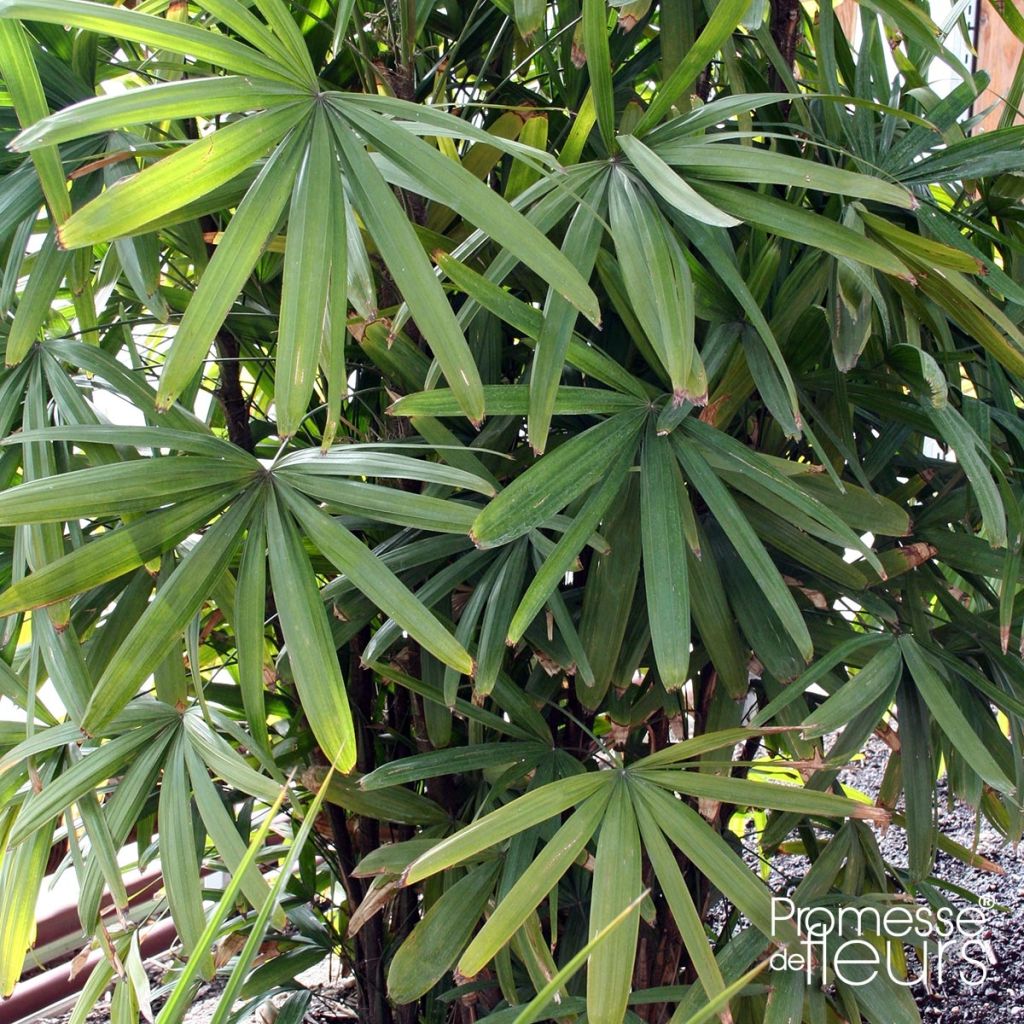

Rhapis excelsa - Palmier bambou
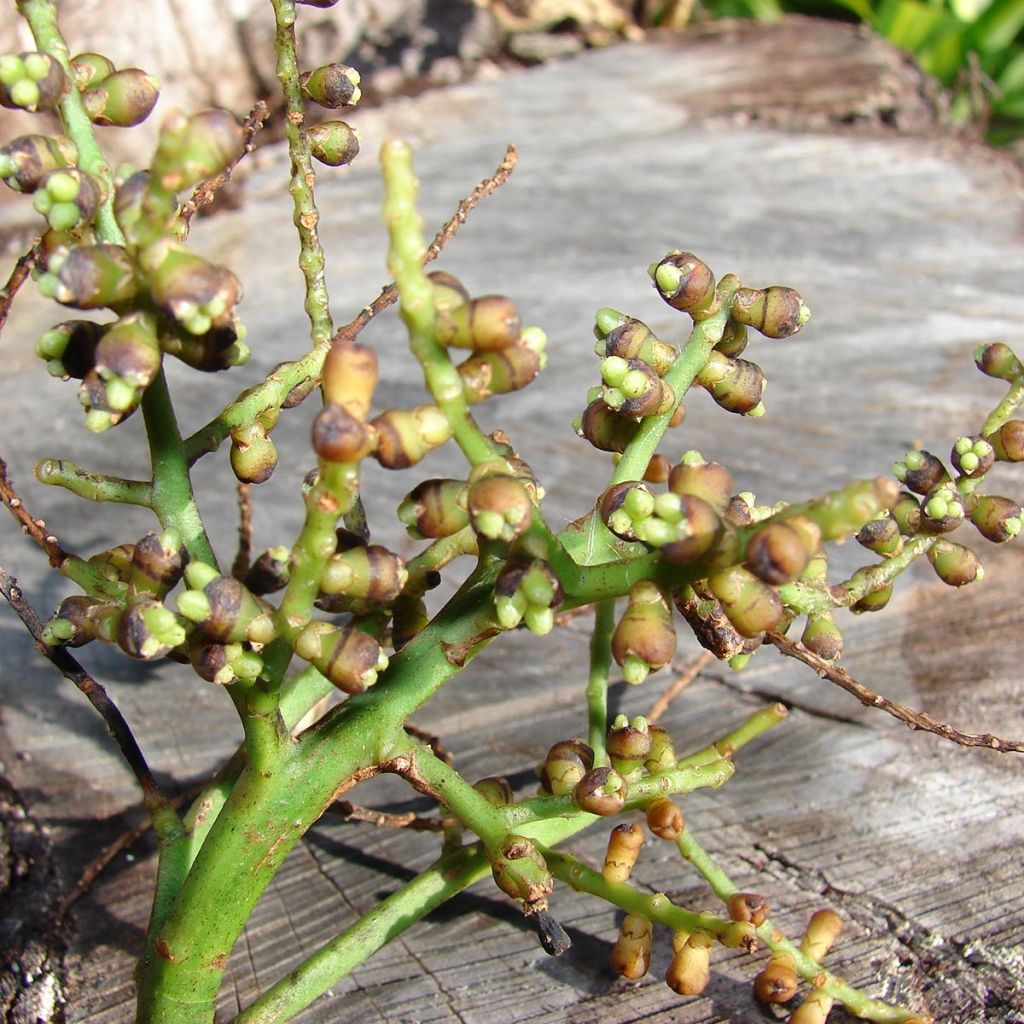

Rhapis excelsa - Palmier bambou
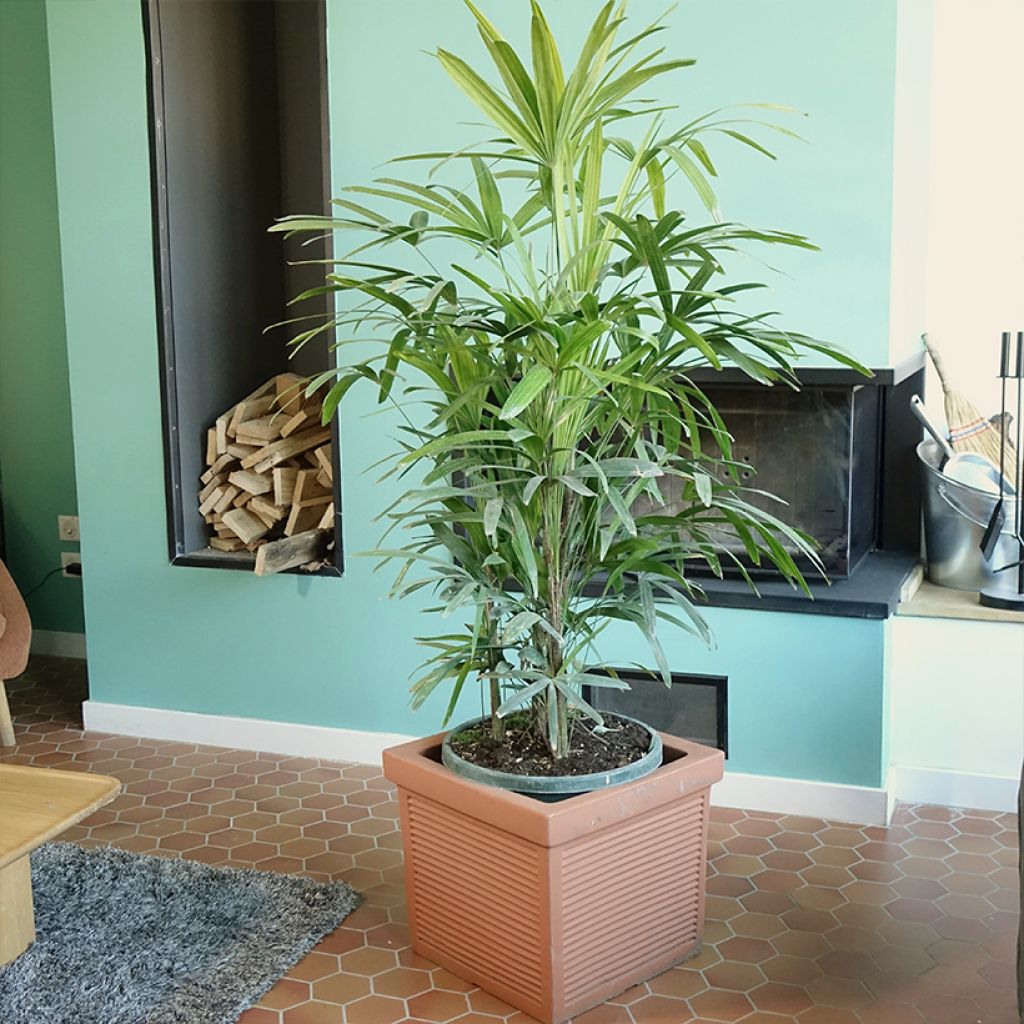

Rhapis excelsa - Broadleaf Lady Palm
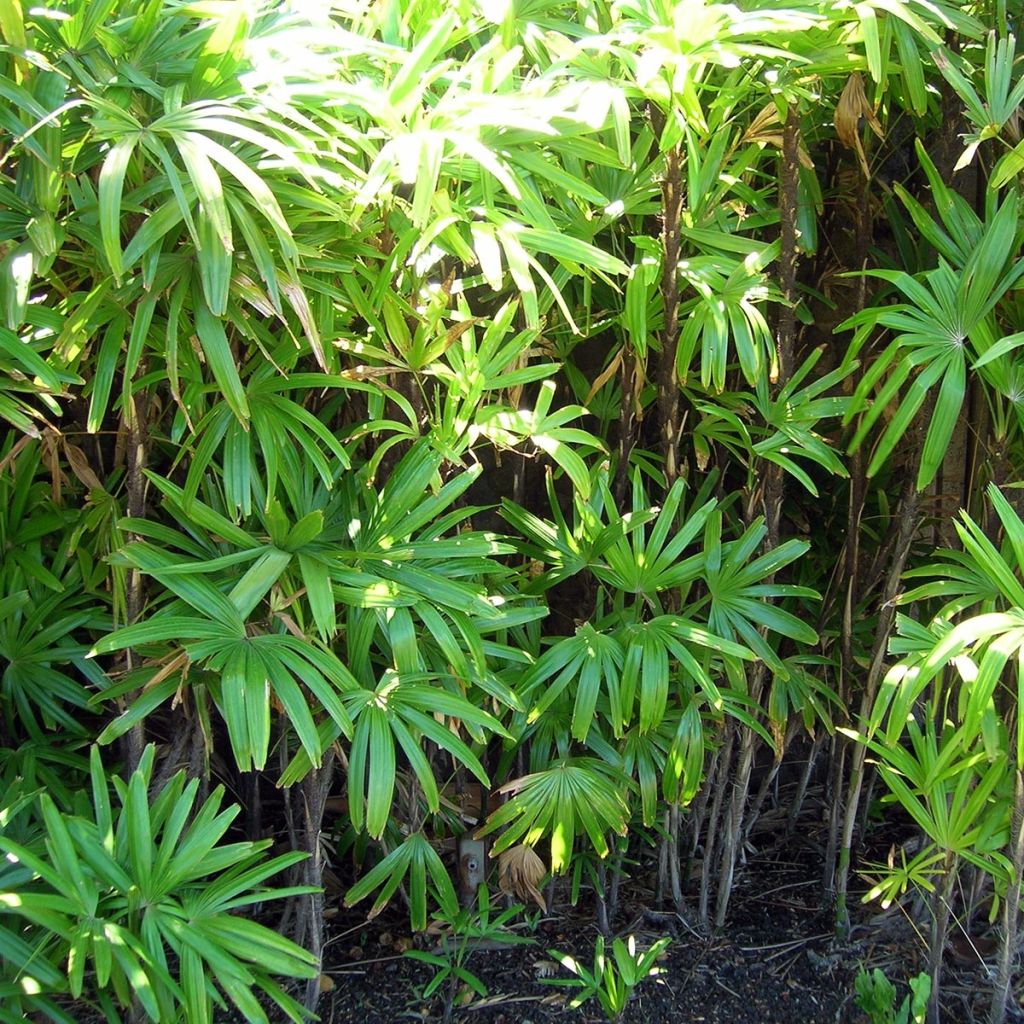

Rhapis excelsa - Palmier bambou
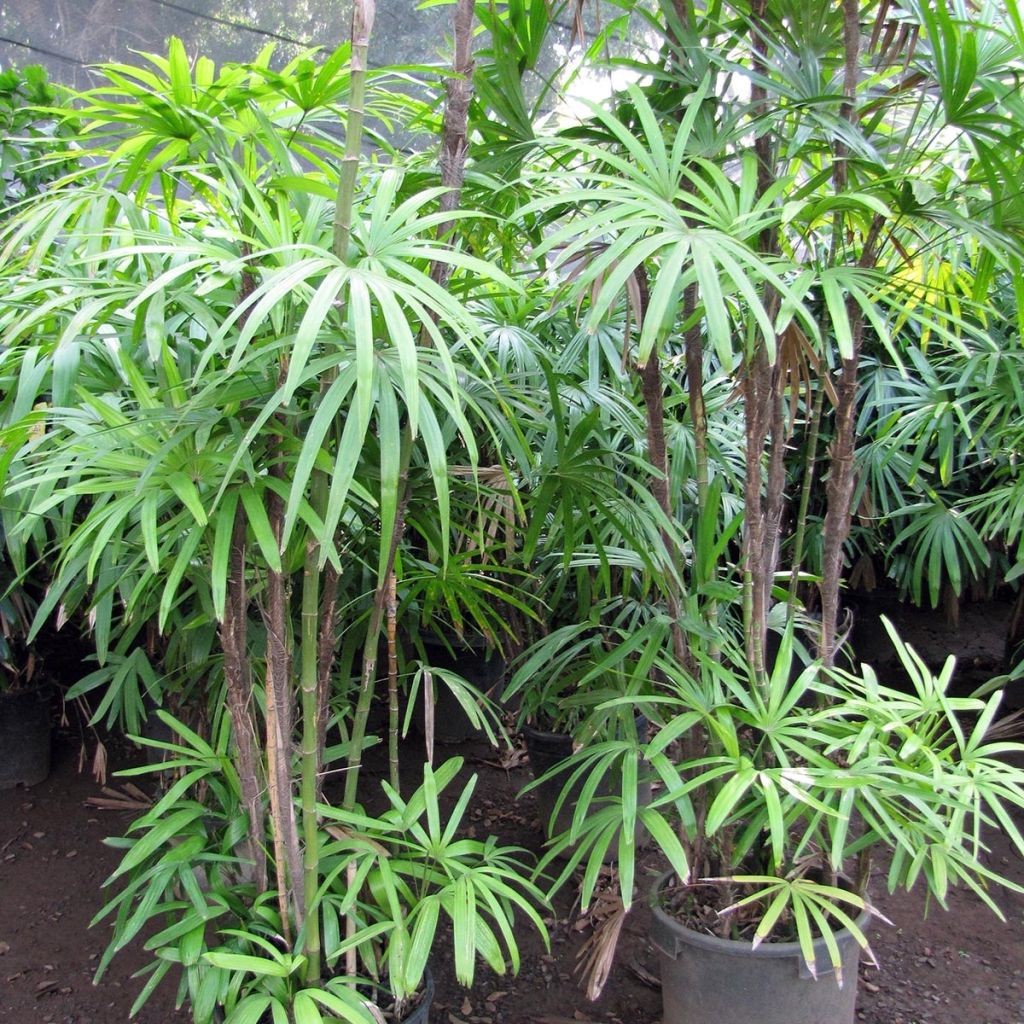

Rhapis excelsa - Palmier bambou
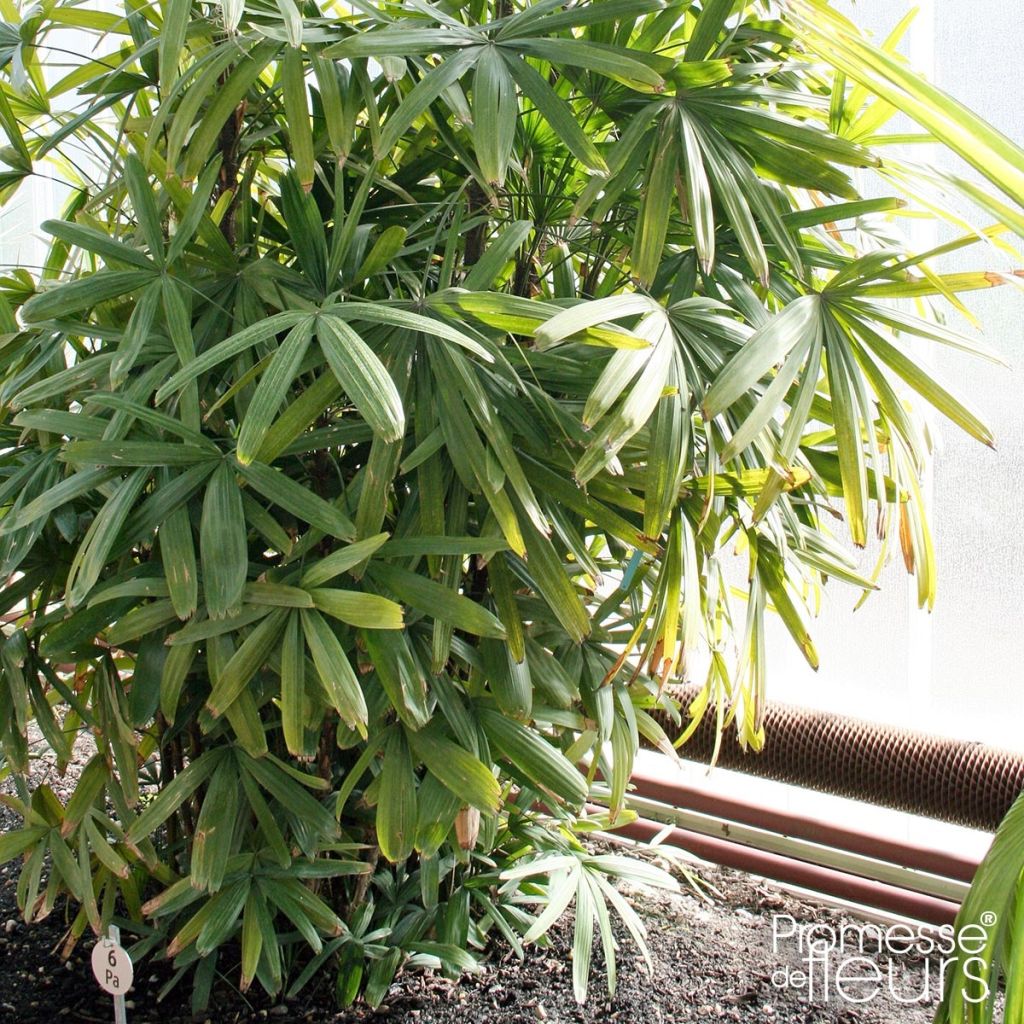

Rhapis excelsa - Palmier bambou
Rhapis excelsa - Broadleaf Lady Palm
Rhapis excelsa
Broadleaf Lady Palm, Bamboo Palm
Special offer!
Receive a €20 voucher for any order over €90 (excluding delivery costs, credit notes, and plastic-free options)!
1- Add your favorite plants to your cart.
2- Once you have reached €90, confirm your order (you can even choose the delivery date!).
3- As soon as your order is shipped, you will receive an email containing your voucher code, valid for 3 months (90 days).
Your voucher is unique and can only be used once, for any order with a minimum value of €20, excluding delivery costs.
Can be combined with other current offers, non-divisible and non-refundable.
Home or relay delivery (depending on size and destination)
Schedule delivery date,
and select date in basket
This plant carries a 24 months recovery warranty
More information
We guarantee the quality of our plants for a full growing cycle, and will replace at our expense any plant that fails to recover under normal climatic and planting conditions.
Would this plant suit my garden?
Set up your Plantfit profile →
Description
Raphis excelsa, also known as the Bamboo Palm or Lady palm, is a small Asian palm that charms with its bamboo-like appearance from a young age and its compact growth, well suited for indoor or conservatory growing. This Chinese species, which thrives in shade, can be acclimatised in protected, coastal areas. It develops multiple false trunks adorned with green ring patterns and bears beautiful, glossy, deeply divided leaflets. It is an easy palm to cultivate indoors as it dislikes direct sunlight and is not susceptible to mealybugs. Place it outdoors from May to September to add an exotic touch to your terrace or balcony. During the winter period, mist its foliage frequently indoors.
Raphis excelsa belongs to the Arecaceae (palms) family. It is native to Asia, particularly China. It can withstand short frosts of around -7 °C but requires warmth to thrive. Cultivating it in a heated greenhouse replicates its preferred conditions, namely a tropical, warm, and humid environment, with two distinct seasons, mild temperatures in winter, and hot temperatures the rest of the year. It is a clumping species, similar to Fargesia bamboos. This means that the plant develops rhizomes with underground runners, which remain in clumps from which leafy stems emerge. Its growth is very slow, with an adult specimen reaching approximately 4 m (13ft) in height and 2 m (7ft) in width in the ground. In a pot, it will not exceed a height of 1.50 m (5ft). Its stems, called stipes, are quite slender, measuring between 2 and 3 cm (1in) in diameter. They display green rings, which are scars from previous leaves, and are covered with light brown fibers at the base. At the top of each stipe, a crown of leaves develops, persisting throughout the year, borne on a long petiole. They are palmate, deeply divided into lanceolate segments, and have a glossy green colour. This palm very rarely flowers in our climates, especially when cultivated indoors.
This palm can be planted in the ground in sheltered gardens along the Atlantic or Mediterranean coast, but always protected from wind, salt spray, and direct sunlight. Elsewhere, it is best cultivated in pots to adorn the terrace during the summer, always in partial shade. It can sometimes be challenging to pair due to its strong personality: for example, pair it with Fargesia bamboos, Phormiums, which are graphic, understated, and colourful, Cordylines, or Strelitzia reginae (bird of paradise).
Note: This palm is classified as an indoor air-purifying plant. It is said to contribute to the elimination of certain volatile chemical compounds found in carpets, solvents, adhesives, paints, and household products.
Report an error about the product description
Rhapis excelsa - Broadleaf Lady Palm in pictures
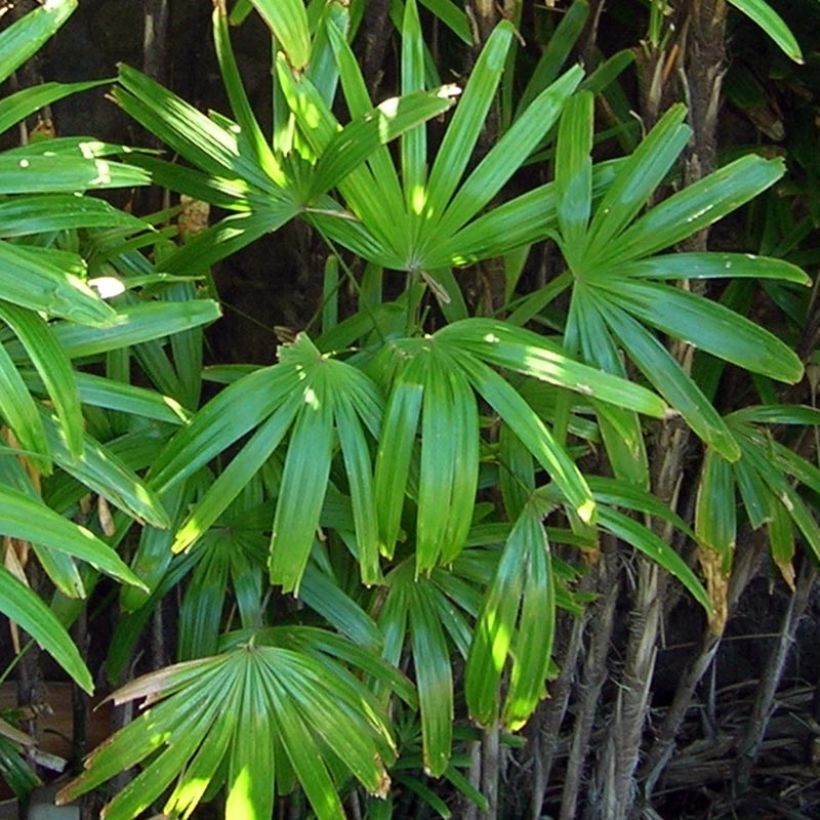

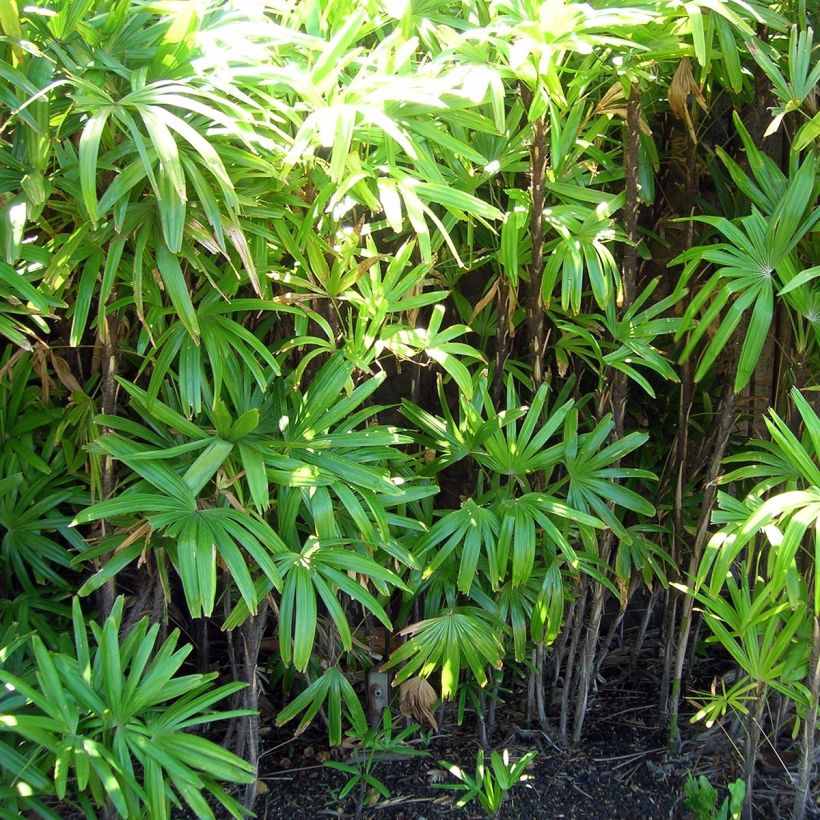

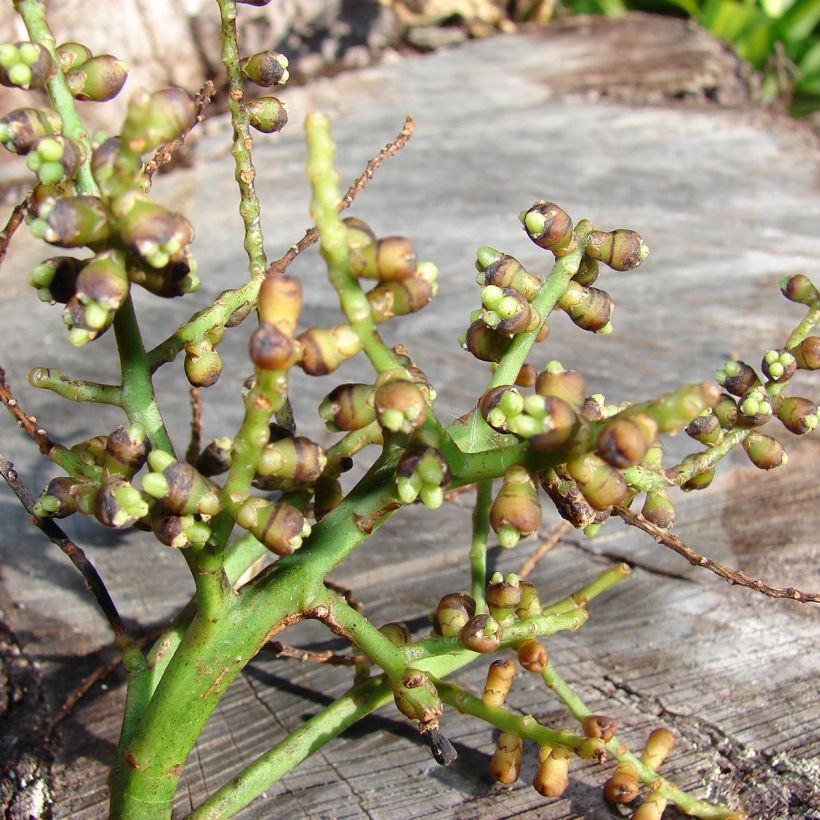

Plant habit
Flowering
Foliage
Botanical data
Rhapis
excelsa
Arecaceae
Broadleaf Lady Palm, Bamboo Palm
China
Other Palm trees A to Z
View all →Planting and care
Raphis excelsa fears burning sun, excessive watering, and dry atmospheres. This palm tree should be protected from frost in winter in a conservatory, a greenhouse, or a bright room with slightly humid atmosphere. Adult plants can withstand brief frosts of around -7 °C (19.4°F). It can be acclimatised in protected coastal gardens. Choose a semi-shaded or shaded exposure, a warm location sheltered from the wind. Ideally, it should be associated with other plants that provide it with some shade and humidity. It is most commonly cultivated in a pot. This palm tree appreciates loamy and light soils, moist but not waterlogged. With very slow growth, it requires little maintenance except for pruning the oldest leaves close to the stem. It is rarely targeted by scale insects.
Pot cultivation:
Choose a large pot or a container with a drainage hole, with a capacity of 20 to 30 liters. Prepare a mixture composed of 50% loam, 25% potting soil, and 25% sand. Mix well. Partially fill your container, after placing a drainage layer at the bottom (clay balls, gravel, broken terracotta pots...). Place your palm tree on the mixture, ensuring that the root collar (the area where the roots originate) does not exceed the level of the pot but is not buried too deep under the substrate either. Add the rest of the mixture around the root ball, firmly compacting it. Water in multiple stages to thoroughly saturate the substrate with water and remove air pockets. Place your palm tree in a bright location, avoiding direct sunlight. Outdoors, place it in the shade. After two weeks in the shade, you can gradually expose it to partial shade. In winter, it can be brought indoors to a warm greenhouse, a conservatory, or a moderately humid room in the house or apartment. Spray the foliage to combat dry air and water regularly, without excess. Apply organic fertiliser or compost in spring.
Planting period
Intended location
Care
This item has not been reviewed yet - be the first to leave a review about it.
Similar products
Haven't found what you were looking for?
Hardiness is the lowest winter temperature a plant can endure without suffering serious damage or even dying. However, hardiness is affected by location (a sheltered area, such as a patio), protection (winter cover) and soil type (hardiness is improved by well-drained soil).

Photo Sharing Terms & Conditions
In order to encourage gardeners to interact and share their experiences, Promesse de fleurs offers various media enabling content to be uploaded onto its Site - in particular via the ‘Photo sharing’ module.
The User agrees to refrain from:
- Posting any content that is illegal, prejudicial, insulting, racist, inciteful to hatred, revisionist, contrary to public decency, that infringes on privacy or on the privacy rights of third parties, in particular the publicity rights of persons and goods, intellectual property rights, or the right to privacy.
- Submitting content on behalf of a third party;
- Impersonate the identity of a third party and/or publish any personal information about a third party;
In general, the User undertakes to refrain from any unethical behaviour.
All Content (in particular text, comments, files, images, photos, videos, creative works, etc.), which may be subject to property or intellectual property rights, image or other private rights, shall remain the property of the User, subject to the limited rights granted by the terms of the licence granted by Promesse de fleurs as stated below. Users are at liberty to publish or not to publish such Content on the Site, notably via the ‘Photo Sharing’ facility, and accept that this Content shall be made public and freely accessible, notably on the Internet.
Users further acknowledge, undertake to have ,and guarantee that they hold all necessary rights and permissions to publish such material on the Site, in particular with regard to the legislation in force pertaining to any privacy, property, intellectual property, image, or contractual rights, or rights of any other nature. By publishing such Content on the Site, Users acknowledge accepting full liability as publishers of the Content within the meaning of the law, and grant Promesse de fleurs, free of charge, an inclusive, worldwide licence for the said Content for the entire duration of its publication, including all reproduction, representation, up/downloading, displaying, performing, transmission, and storage rights.
Users also grant permission for their name to be linked to the Content and accept that this link may not always be made available.
By engaging in posting material, Users consent to their Content becoming automatically accessible on the Internet, in particular on other sites and/or blogs and/or web pages of the Promesse de fleurs site, including in particular social pages and the Promesse de fleurs catalogue.
Users may secure the removal of entrusted content free of charge by issuing a simple request via our contact form.
The flowering period indicated on our website applies to countries and regions located in USDA zone 8 (France, the United Kingdom, Ireland, the Netherlands, etc.)
It will vary according to where you live:
- In zones 9 to 10 (Italy, Spain, Greece, etc.), flowering will occur about 2 to 4 weeks earlier.
- In zones 6 to 7 (Germany, Poland, Slovenia, and lower mountainous regions), flowering will be delayed by 2 to 3 weeks.
- In zone 5 (Central Europe, Scandinavia), blooming will be delayed by 3 to 5 weeks.
In temperate climates, pruning of spring-flowering shrubs (forsythia, spireas, etc.) should be done just after flowering.
Pruning of summer-flowering shrubs (Indian Lilac, Perovskia, etc.) can be done in winter or spring.
In cold regions as well as with frost-sensitive plants, avoid pruning too early when severe frosts may still occur.
The planting period indicated on our website applies to countries and regions located in USDA zone 8 (France, United Kingdom, Ireland, Netherlands).
It will vary according to where you live:
- In Mediterranean zones (Marseille, Madrid, Milan, etc.), autumn and winter are the best planting periods.
- In continental zones (Strasbourg, Munich, Vienna, etc.), delay planting by 2 to 3 weeks in spring and bring it forward by 2 to 4 weeks in autumn.
- In mountainous regions (the Alps, Pyrenees, Carpathians, etc.), it is best to plant in late spring (May-June) or late summer (August-September).
The harvesting period indicated on our website applies to countries and regions in USDA zone 8 (France, England, Ireland, the Netherlands).
In colder areas (Scandinavia, Poland, Austria...) fruit and vegetable harvests are likely to be delayed by 3-4 weeks.
In warmer areas (Italy, Spain, Greece, etc.), harvesting will probably take place earlier, depending on weather conditions.
The sowing periods indicated on our website apply to countries and regions within USDA Zone 8 (France, UK, Ireland, Netherlands).
In colder areas (Scandinavia, Poland, Austria...), delay any outdoor sowing by 3-4 weeks, or sow under glass.
In warmer climes (Italy, Spain, Greece, etc.), bring outdoor sowing forward by a few weeks.






























